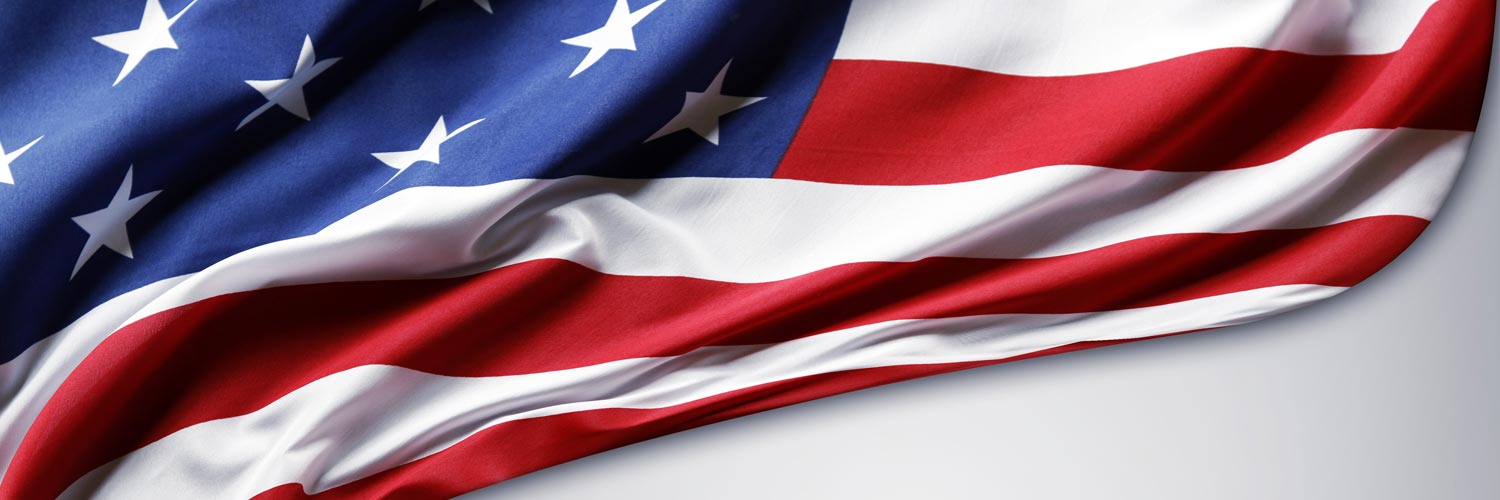The Veterans Appeals Improvement and Modernization Act (Pub L. 115-55) became law in August of 2017 and went into affect last month. So how does this affect the appeals process for our clients? The goals of the new appeal process are to modernize the current claims and appeals process, include three review options for disagreements with decisions, to require an improved notification of VA decisions, to provide an earlier claim resolution, and to ensure your clients receive the earliest effective date possible.
We now have three options for review:
Option 1: Higher-level Review
Claim is reviewed by a more senior claims adjudicator and involves:
- A higher-level de novo review (new look) of the decision
- No submission of new evidence allowed
- The possibility of overturning the decision based on:
- A difference of opinion
- A clear and unmistakable error
The reviewer, who identifies or learns of a duty to assist error, can return the claim to the regional office for correction. You can request an informal phone call to identify specific issues.
Option 2: A Supplemental Claim Lane
You can submit or identify new and relevant evidence to support your client’s claim. (VA claims they will provide assistance in developing the evidence.)
Option 3: Appeal Lane for Appeals to the Board
This option allows you to appeal directly to the Board of Veterans’ Appeals. You can choose between three options:
- Direct review: You have no new evidence and do not want a hearing.
- Evidence submission: You have new evidence, but do not want a hearing.
- Hearing: You have new evidence and your client wants to testify before a Veterans Law Judge.
The VA has vowed that the new process for appeals could reduce decision wait times from 3-7 years to 125 days. The current backlog of appeals includes 402,000 cases as of last month according to the VA.
While testifying before a House Appropriations subcommittee, Chief Judge Robert Davis said the pressure on VA employees to get through a large backlog of benefits claims leads to poor decision-making and a high number of appeals. He is cautiously optimistic to the changes in the appeal process, but believes that Congress should take a larger view of the appeals process and make a larger overhaul.


Be the first to comment on “The Veterans Appeals Improvement and Modernization Act in Affect”